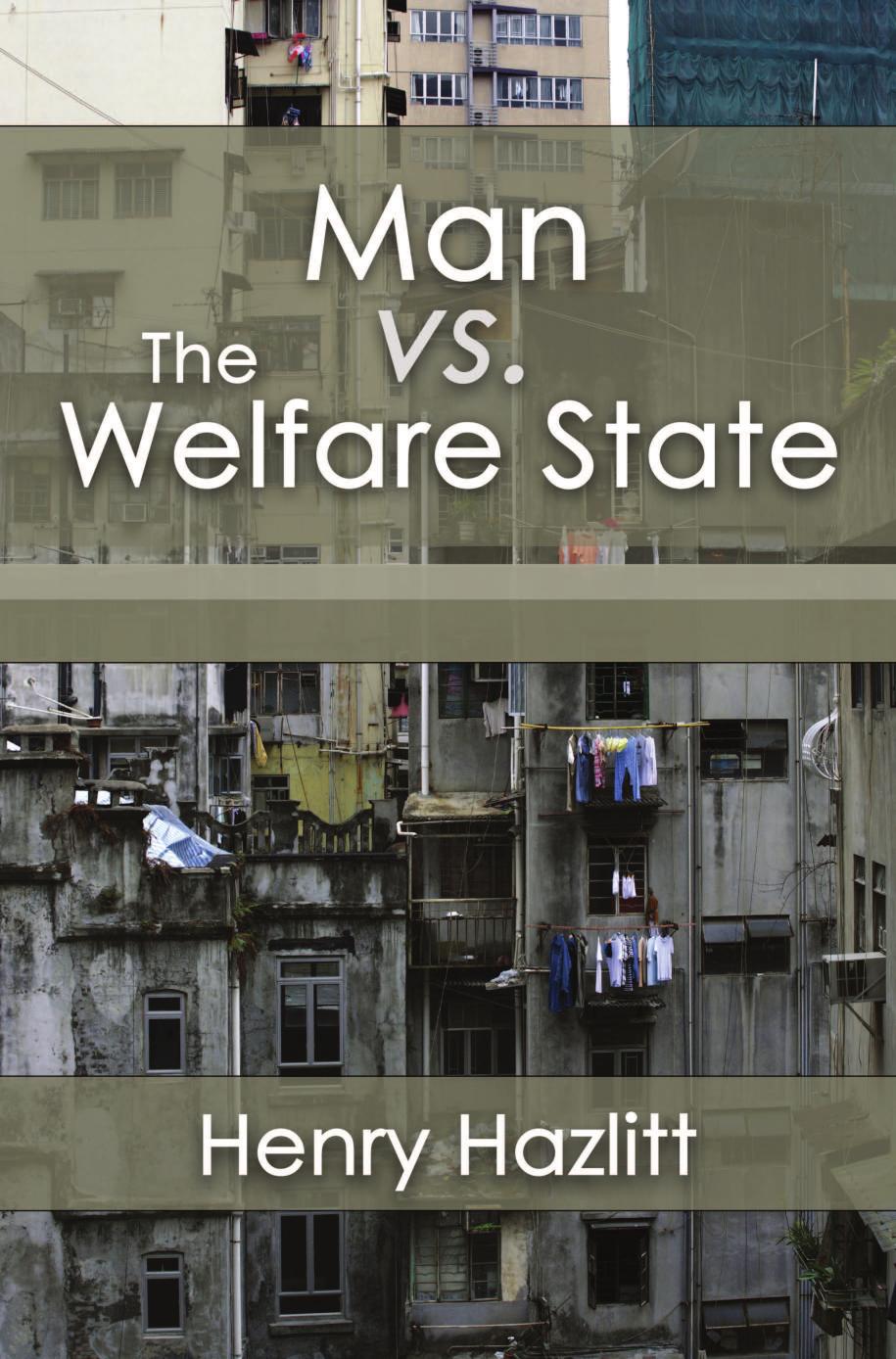Man vs. The Welfare State by Henry Hazlitt

Author:Henry Hazlitt [Henry Hazlitt]
Language: eng
Format: epub, pdf
ISBN: 9781610160179
Publisher: Arlington House, New Rochelle, N.Y.
Published: 2011-11-06T16:00:00+00:00
The Galbraith Thesis
Let us take up the “Galbraith” thesis first. I put his name in quotation marks because the thesis long antedates his presentation of it. It is the basis of all the Communist “Five-Year Plans,” which are now aped by a score of socialist nations. While these Plans may consist in setting out some general overall percentage of production increase, their characteristic feature is rather a whole network of specific “targets” for specific industries: there is to be a 25 per cent increase in steel capacity, a 15 per cent increase in cement production, a 12 per cent increase in butter and milk output, and so forth.
There is always a strong bias in these Plans, especially in the Communist countries, in favor of heavy industry, because it gives increased power to make war. In all the Plans, moreover, even in non-Communist countries, there is a strong bias in favor of industrialization, of heavy industry as against agriculture, in the belief that this necessarily increases real income faster and leads to greater national self-sufficiency. It is not an accident that such countries are constantly running into agricultural crises and food famines.
But the Plans also reflect either the implied or explicit moral judgments of the government Planners. The latter seldom plan for an increased production of cigarettes or whiskey or, in fact, of any so-called “luxury” item. The standards are always grim and puritanical. The word “austerity” makes a chronic appearance. Consumers are told that they must“tighten their belts” for a little longer. Sometimes, if the last Plan has not been too unsuccessful, there is a little relaxation: consumers can, perhaps, have a few more motor cars and hospitals and playgrounds. But there is almost never any provision for, say, more golf courses or even bowling alleys. In general, no form of expenditure is approved that cannot be universalized, or at least “majoritized.” And such so-called luxury expenditure is discouraged, even in a so-called “indicative” Plan, by not allowing access by promotors of such projects to bank credit or to the capital markets. At some point government coercion or compulsion comes into play.
This disapproval and coercion may rest on several grounds. Nearly all “austerity” programs stem from the belief, not that the person who wants to make a “luxury” expenditure cannot afford it, but that “the nation” cannot afford it. This involves the assumption that, if I set up a bowling alley or patronize one, I am somehow depriving my fellow citizens of more necessary goods or services. This would be true only on the assumption that the proper thing to do is to tax my so-called surplus income away from me and turn it over to others in the form of money, goods, or services. But if I am allowed to keep my “surplus” income, and am forbidden to spend it on bowling alleys or on imported wine and cheese, I will spend it on something else that is not forbidden. Thus when the British austerity program after World War
Download
This site does not store any files on its server. We only index and link to content provided by other sites. Please contact the content providers to delete copyright contents if any and email us, we'll remove relevant links or contents immediately.
International Integration of the Brazilian Economy by Elias C. Grivoyannis(111057)
The Radium Girls by Kate Moore(12028)
Turbulence by E. J. Noyes(8047)
Nudge - Improving Decisions about Health, Wealth, and Happiness by Thaler Sunstein(7706)
The Black Swan by Nassim Nicholas Taleb(7128)
Rich Dad Poor Dad by Robert T. Kiyosaki(6632)
Pioneering Portfolio Management by David F. Swensen(6300)
Man-made Catastrophes and Risk Information Concealment by Dmitry Chernov & Didier Sornette(6019)
Zero to One by Peter Thiel(5801)
Secrecy World by Jake Bernstein(4752)
Millionaire: The Philanderer, Gambler, and Duelist Who Invented Modern Finance by Janet Gleeson(4478)
The Age of Surveillance Capitalism by Shoshana Zuboff(4291)
Skin in the Game by Nassim Nicholas Taleb(4248)
The Money Culture by Michael Lewis(4207)
Bullshit Jobs by David Graeber(4190)
Skin in the Game: Hidden Asymmetries in Daily Life by Nassim Nicholas Taleb(4004)
The Dhandho Investor by Mohnish Pabrai(3764)
The Wisdom of Finance by Mihir Desai(3746)
Blockchain Basics by Daniel Drescher(3581)
